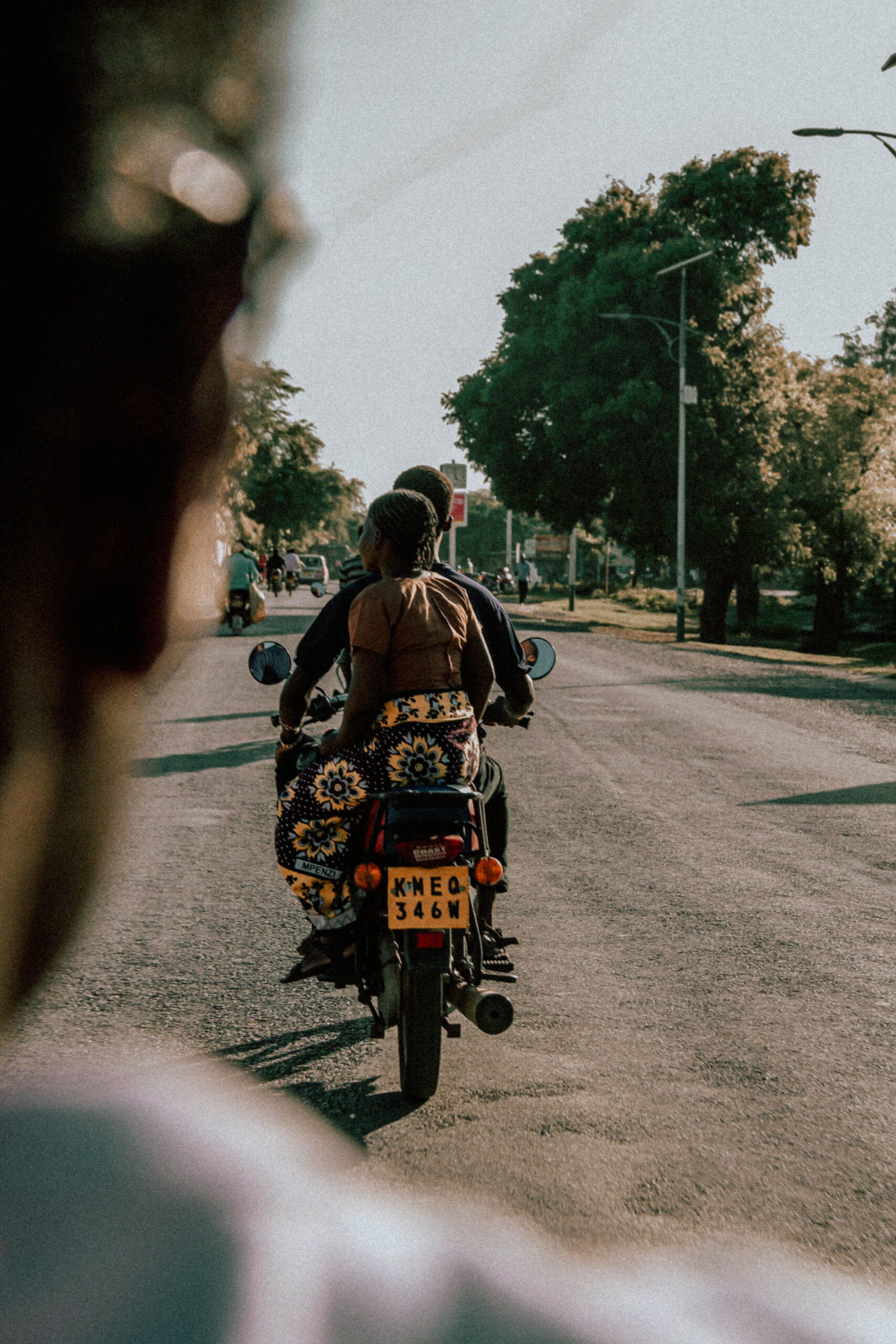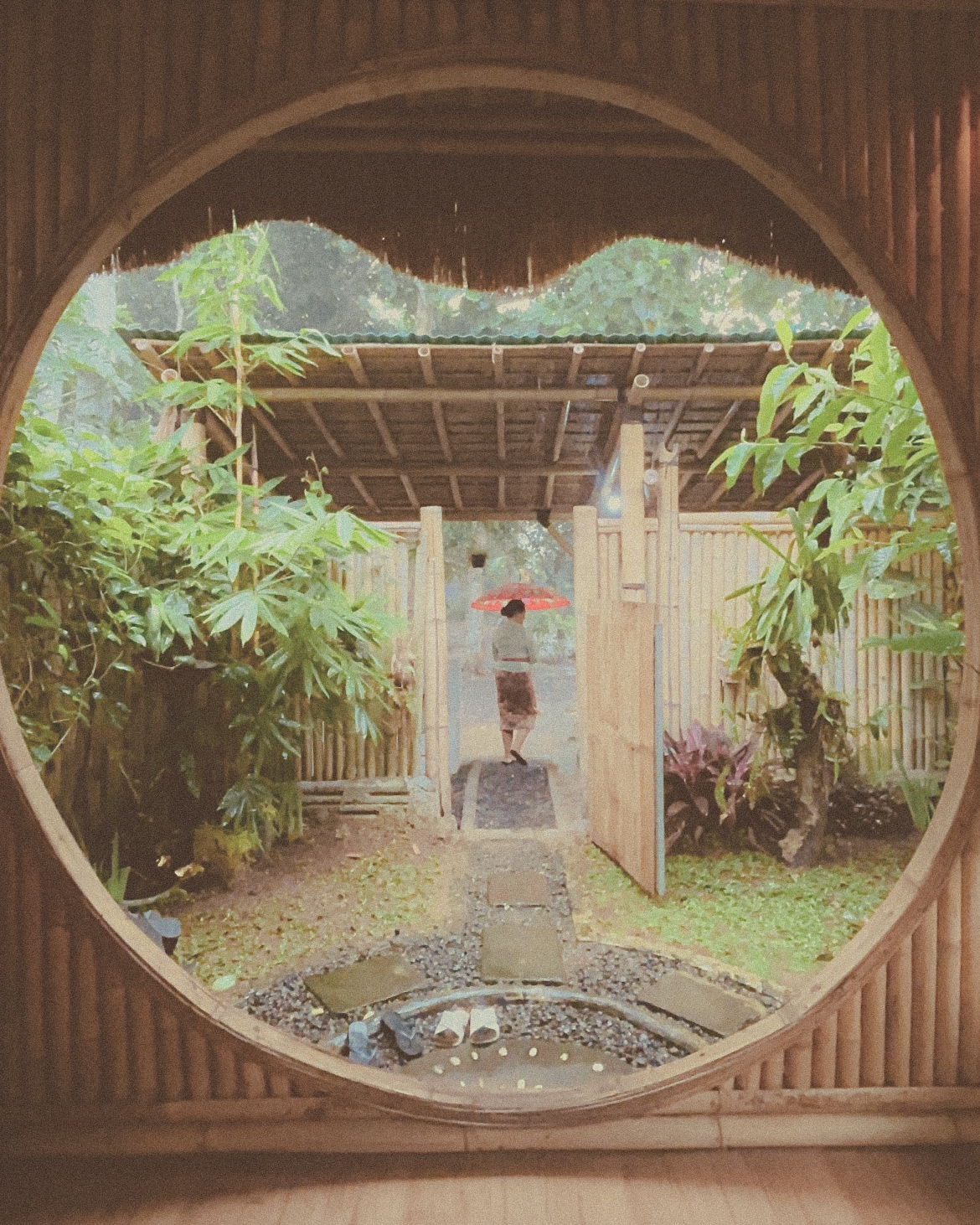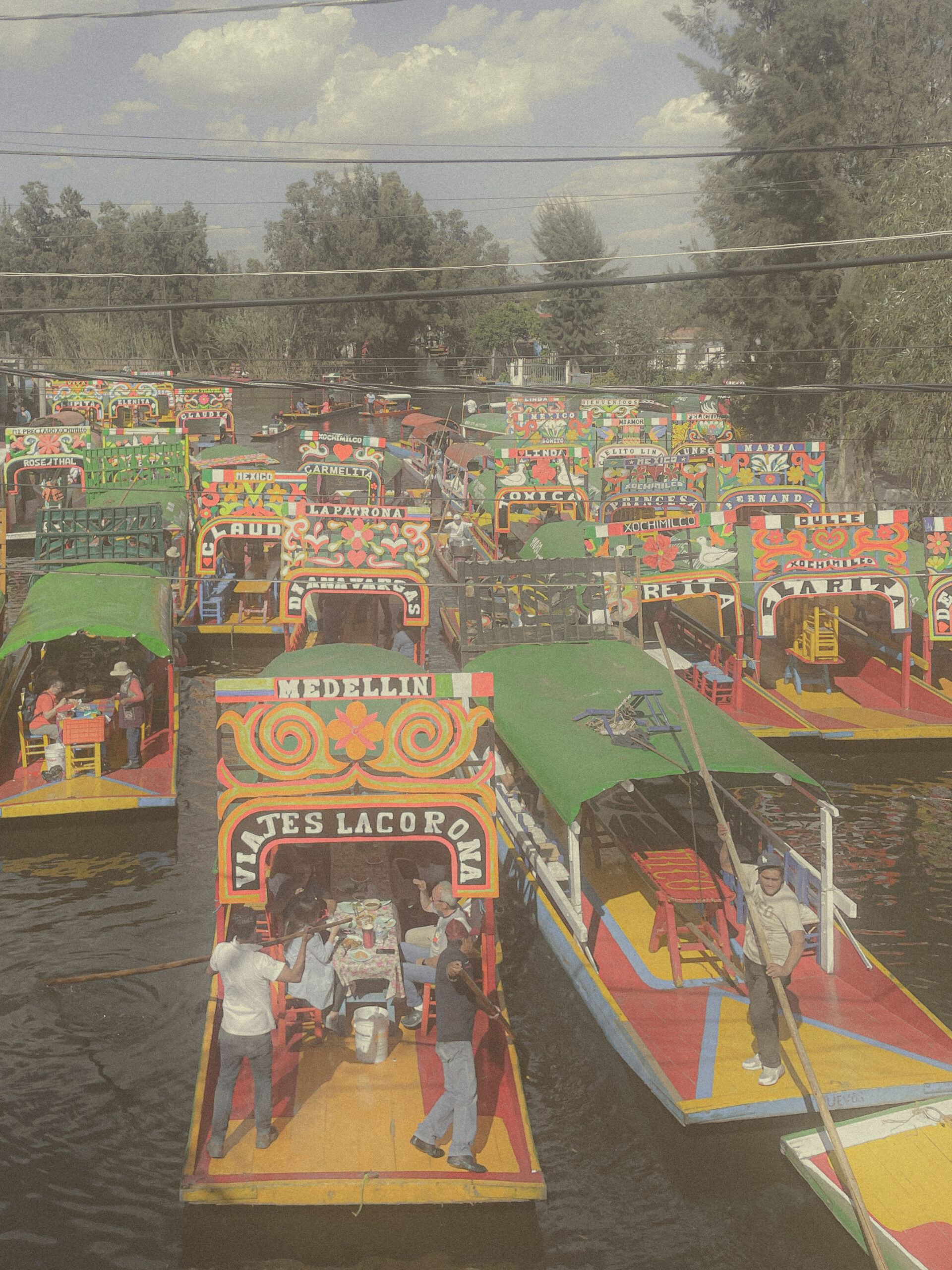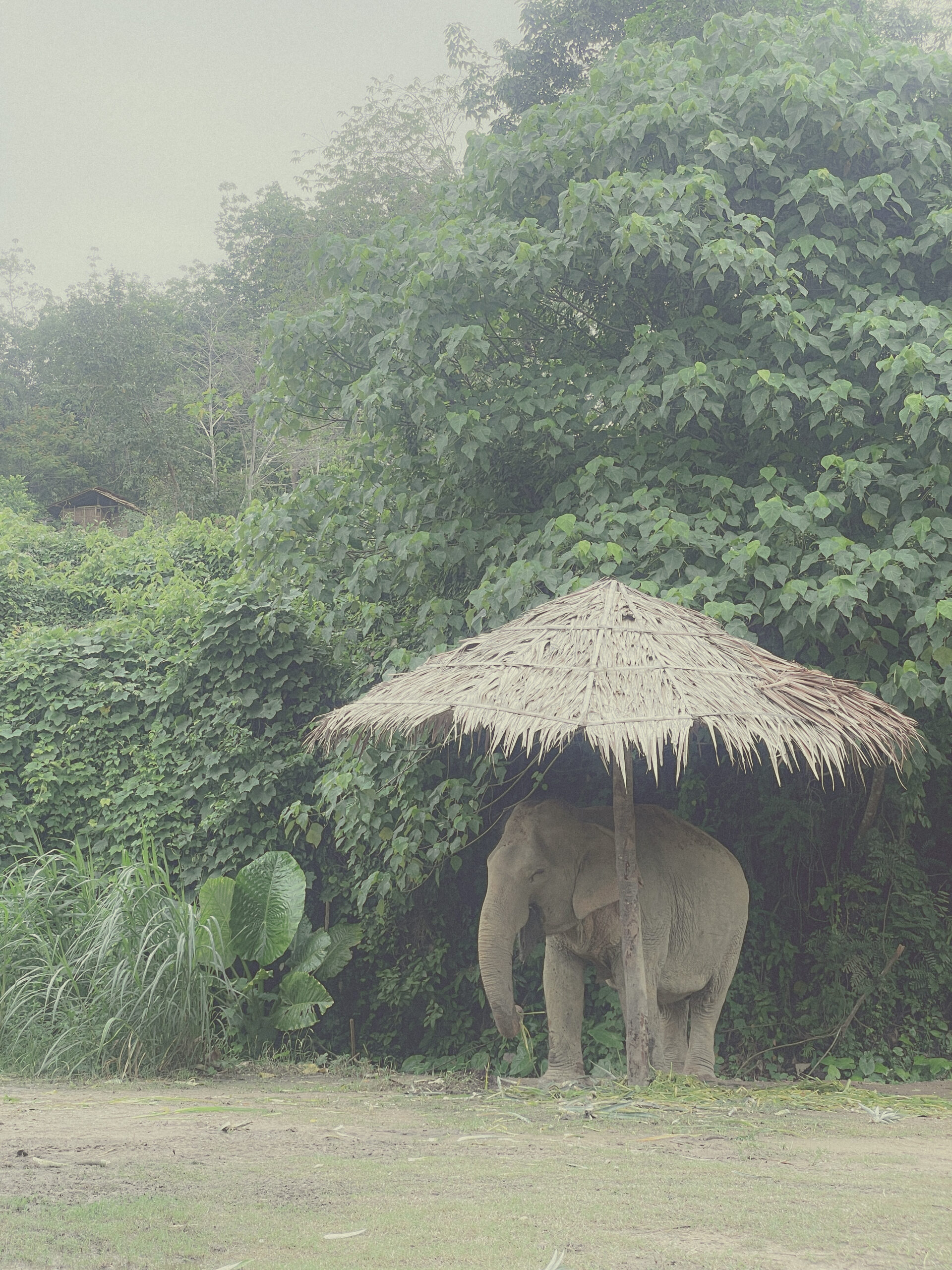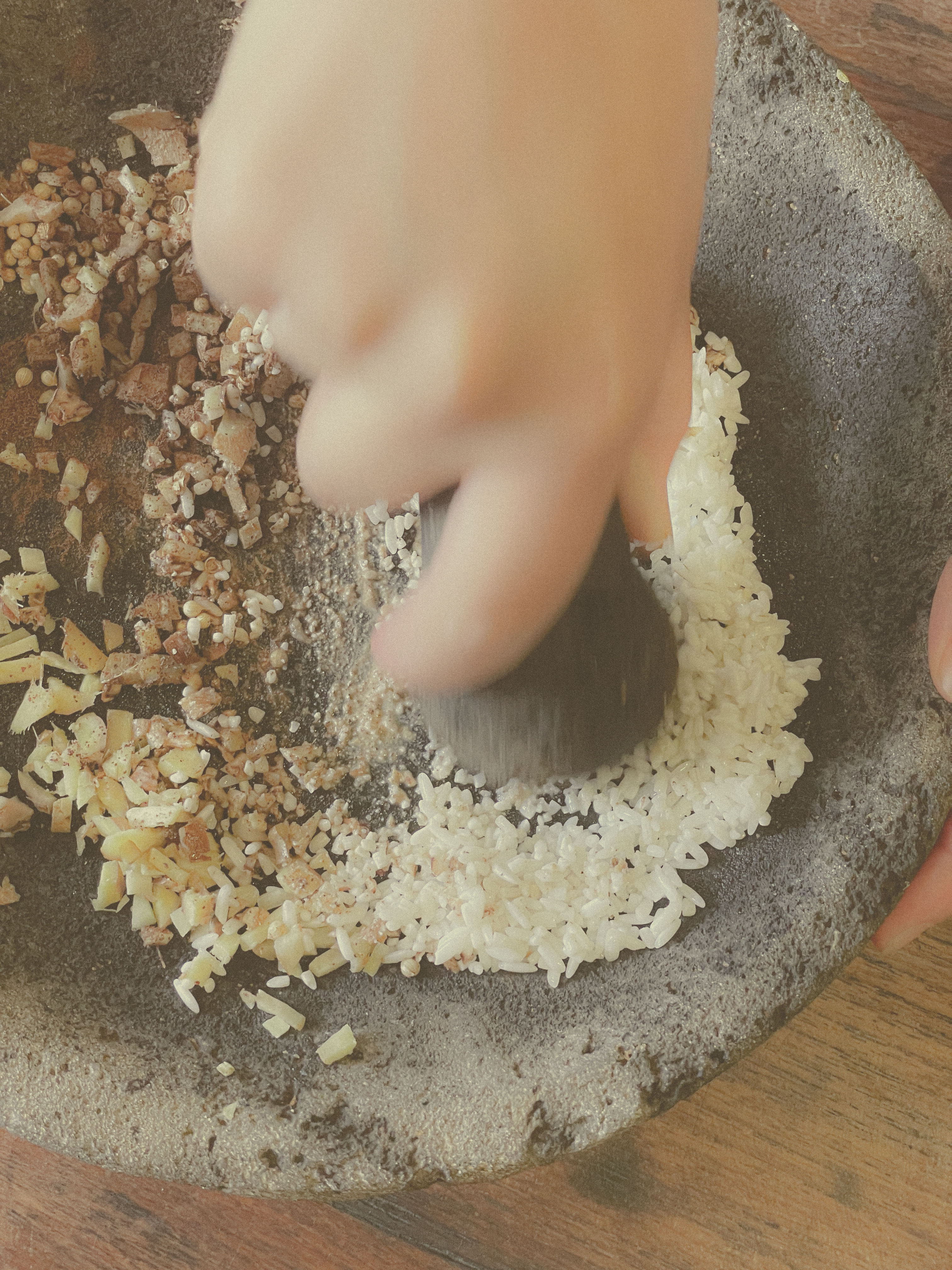Nairobi, Kenya Local Guide Overview:
Nairobi Overview
Ethnic Groups/Languages
Traditional/Contemporary Culture
Do’s and Don’ts
Local Foods
Insider Tips
Favorite Places
Where to Stay
Kenya is in East Africa along the Indian Ocean. It borders Tanzania to the South, Ethiopia, Somalia to the North, Uganda, and South Sudan to the West. Kenya lies on the equator and therefore enjoys a variety of wildlife and landscapes. It is warm most of the year which makes it ideal for visiting all year round.
Kenya’s population is ethnically diverse made up of over 44 tribes. These tribes are further broken into subtribes which can be more than 10 per tribe. There are over 62 languages spoken in Kenya so don’t be surprised if you notice differences when you move from one place to another. Kenya’s regions are divided mainly based on ethnic groups due to colonization which sought to contain them in one place.
The difference between Kenya and other countries in Africa is the number of ethnic groups. Although there might be some similar aspects in the groups due to interaction, the languages are very distinct. Each ethnic group has its own cultural food and set of values. However, these foods have come to be shared countrywide and enjoyed by all Kenyans. Kenya does have a staple food Ugali (maize meal), Sukuma Wiki (Collard greens), and Nyama Choma (Roast meat). Sukuma wiki loosely translates to “push the week” a term Kenyans coined to mean that the greens help them get by. Meat isn’t a daily meal in many Kenyan households. This is because it’s not as affordable so sometimes families can have it for dinner only once or twice a week.
Ethnic Groups and Languages
Most Kenyans speak at least three languages. The first language is the vernacular belonging to their tribe, the second is the most used language in the country, Swahili and the third is English which is the official language used for learning and formal settings.
The largest ethnic groups in Kenya are; Kikuyu people (22%), Luhya (14%), Luo (13%), Kalenjin (12%), Kamba (11%), Kisii (6%), and Meru.
There are certain attributes associated with certain ethnic groups in Kenya. Some of them are based on outdated stereotypes while others are derived from the community’s core values. For instance, the belief that all Kalenjins are good at running, Kikuyus are good in business, Luos are well educated and Luhya make good civil servants.
These stereotypes are mostly harmless and serve a good laugh. Kenyans maintain a strong pride in their nationality regardless of ethnicity.
Traditional vs Contemporary Culture
Kenya doesn’t have a definitive culture due to the many ethnicities in the country. However, there are similar traditions across all ethnicities whether it comes to food, etiquette, and marriage ceremonies among others.
There are some unique aspects of traditional culture in Kenya for instance the Kikuyu ethnic group was matriarchal. One of the folklore we learned in school was that women were so intimidating that men decided to impregnate them in order to take power. Kikuyu still maintains a matriarchal nature since they are one of the few communities in Kenya where children can take their mother’s last name in case of separation or divorce.
Kalenjins on the other hand lived in communities according to their totems. The totems would signify blood relations and be a useful guide when marrying. There are several totems named after animals or nature. The main ones are Kobilo (Dog), Sokomo (Crow), Toyoi (Thunder and lightning), Terigi (elephant), Tungo (fox), and Soti (moon). My totem is Kobilo.
My mother is Toyoi while my father is Kobilo. Children would take the totem of their paternal side. Totems served a very important purpose in Kalenjin because they prevented intermarriage between relatives.
As a Kobilo, my relatives would have to track the roots of my partner if they were also Kobilo. Totems worked like guardian angels, meaning that whatever you were named after would protect you.
In today’s world, we still have the names but some Kalenjin tribes no longer follow the naming process. Many of the younger generations might not know their totems. It is however common to see older people calling themselves by the totems more than their actual names.
There are many negative aspects of traditional cultures in Kenya including child marriage, wife inheritance, and Female Genital Mutilation among others that have been done away with. Communities evolved in the modern world and forgo some of the toxic parts of their culture.
The defining traits in most Kenyan cultures are community, generosity, and warmth. These remain to date. Kenya is ranked one of the most generous countries in the world. Kenyans are always ready to help those in need.
Tourists visiting Kenya will tell you Kenyans are friendly and warm. Many Kenyan ethnic groups believe that visitors are blessings and they bring with them good luck. This extends to tourists as well. It’s not in Kenyan nature to be hostile to tourists.
Cultural To Do’s and Don’ts While Traveling to Kenya
This might vary based on the place you visit. If you are visiting Nairobi, you will meet a blend of ethnic groups. The good thing is that Nairobians are like any metropolitan residents and are less likely to be too strict about adhering to any cultural activities.
The Dos
Always greet people. Kenyans love greetings. We have over 10 words from formal to informal to just say hi. You can use “Habari Yako”, “Hujambo” or the informal “Sasa” or “Sema”. Retire “Jambo”. It is seen as a tourist greeting. Nobody uses it at all except tourists. The greeting should be followed by “how are you?” The good thing about this is that you can ask it in English. When the first greeting is in Swahili, it’s enough to get people to warm up to you. Kenyans don’t really expect you to speak Swahili all the time. The little effort into learning greetings is much appreciated. We love to inquire about a person’s well-being. Maybe complain about the weather. We always find something wrong with it!
Always say thank you. The Swahili word for this is “Asante” or “Asante Sana”. Whatever your conversation is, saying Asante instead of thank you will go a long way.
Be polite. We really value politeness as Kenyans. Our culture is to never be rude unprovoked nor are Kenyans ever expecting it, especially from a stranger. Politeness will also make people warm up to you.
The Don’ts
Don’t criticize Kenya. Trust me there is a lot to criticize but Kenyans have a strong sense of patriotism. Although we complain about our country, it’s never easy hearing about it from others.
Avoid stereotypes about Africans. This will be applicable to all Africans. Due to the negative media portrayal, we are sensitive when it comes to broad generalizations.
Don’t waste food. Kenyans are not very fond of wasting food. Whatever you order in a restaurant, you should finish or at least have it to go. Food waste is frowned upon.
Aside from that, Nairobi is a pretty open-minded city. Since we are a mix of many cultures and ethnicities there are hardly any strict rules you need to follow. I might say it’s quite relaxing and you can just be yourself and you will get by fine.
Local Food to Try
Our foods vary per ethnic group but there are staples that everyone enjoys. When in Kenya make sure to try;
Ugali – You will find this in any restaurant. This is a maize meal made from maize flour. The water is brought to a boil, then the flour is added bit by bit until it hardens. All while making sure to mix well. It is cooked on medium heat so that it doesn’t become undercooked or burnt. When it’s ready you will know. It smells like baked goods. It is a starch that goes with any stew or vegetables.
Pilau – Pilau is more of a dish from the coastal parts of Kenya and Tanzania. Kenyans embraced it as our meal as well and it’s mainly served on special occasions and celebrations such as Christmas. You can order this in just about any restaurant in Nairobi city. It’s a mix of rice and meat with many spices. It’s absolutely delicious.
Mukimo – This is an Agikuyu (Kikuyu) dish that is made of potatoes, vegetables, maize, and others. It tends to be green in color. The mix is pounded and mixed well. It’s like green mashed potatoes with corn. It goes well with a stew of any kind. It is very delicious. Make sure to try it. This should also be available in restaurants or hotels but ask beforehand because some don’t have it.
Githeri – This is a great meal if you are vegetarian. It would be perfect for vegans but the vegetable oil used to cook it might not be entirely vegan. It is a mix of maize and beans. Sukuma and Ugali are the staple meals for dinner but Githeri is the staple all over the country for lunch. Many older Kenyans might not want it near them because it’s what we ate in high school every single day but it is still very popular. It’s a simple meal and very nutritious. You should also find this in a restaurant. Remember to ask first. Although the high-end restaurants might not have it. It is after all considered a poor man’s meal. But if you want to taste a delicious dish, don’t hesitate to step into the local hotels in town and order some!
Local Insider Tips
Ride Matatus
Looking for an affordable trip? Ride matatus. Will it be chaotic? Yes. Might you get lost in the city? Yes. But it’s travel. I believe this is part of the adventure in Nairobi. Matatus are public service vehicles in Nairobi that range from buses to 14-seater mini-buses. They are loud, obnoxious but there’s no destination they don’t reach. Some are actually pretty chill. If you want to save money, use matatus for transportation. A trip that would have cost you $50 on a taxi will only go for $0.5 when using a matatu.
Visit Maasai Market
Many tourists are unaware of this market yet it is the one place you will find authentic Maasai goods. From earrings to bracelets, to big shawls, you will have to resist buying everything in Maasai Market. The most interesting thing about the Maasai market is that it changes location every single day of the week. Son confirms with your place of residence the location beforehand.
Negotiate, always
Don’t be afraid to negotiate. As a tourist, traders will know it right away. They might hike the price of goods exponentially. So don’t be afraid to negotiate. They will lower the costs and you will save some money.
Favorite Places to Visit
Elephant Orphanage
This is a pretty popular tourist attraction but still, make a visit. There is a reason everyone who arrives in the city flocks here. The elephants are so cute and their distinct personalities will make you fall in love.Kenya National Museum
It is not as popular as other tourist attractions but if you want to learn more about Kenyan and East African culture, this is the place to visit. It is located in Nairobi Museum Hill, a very short drive from the city center. It should be easily accessible wherever your location will be.
Oloolua Nature Trail
This 5 km nature trail is a hidden gem in Nairobi. It is a quiet trail nestled in Karen. The trail has lots of shade, a cave, and even a waterfall. It’s incredibly beautiful and a perfect place to enjoy some hours of solitude or great company. There is a Primate Research Center nearby that you could also check out. Try going during weekdays. It can get crowded on the weekends.
The Must-Do Things While Visiting Nairobi
Breakfast at Giraffe Manor – it won’t be a visit to Nairobi without this once-in-a-lifetime experience.
Visit Nairobi National Park – Did you know that Nairobi is the only city in the world with a national park? Well, this is more than enough reason to visit. Lions, Giraffes, and Zebras among others are all here.
Scale Kenyatta International conference center – It’s the best place to enjoy the best views of Nairobi.
Take Nairobi Guided Tours – let the tour take you to the best places in Nairobi. It’s one of the best ways to explore the city.
Areas to Stay while in Nairobi
The best place to stay in Nairobi is Upperhill and Westlands. Their location makes them ideal. They are slightly elevated and located above the city. You will get breathtaking views from your hotel balcony of the entire city. There are also plenty of hotels, hostels and Airbnb’s here so you won’t struggle to find accommodation.
The Nairobi Local Guide was written by Sharon J. Boit, a freelance travel blogger living in Nairobi’s Riverside Neighborhood.
Find Sharon’s work on her personal blog.

